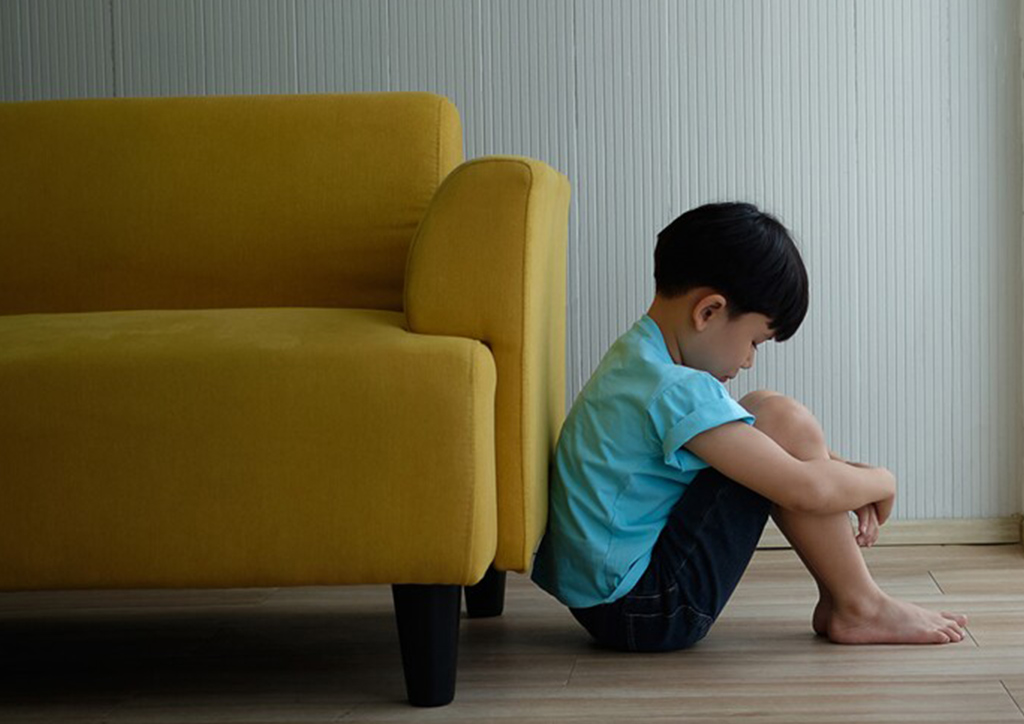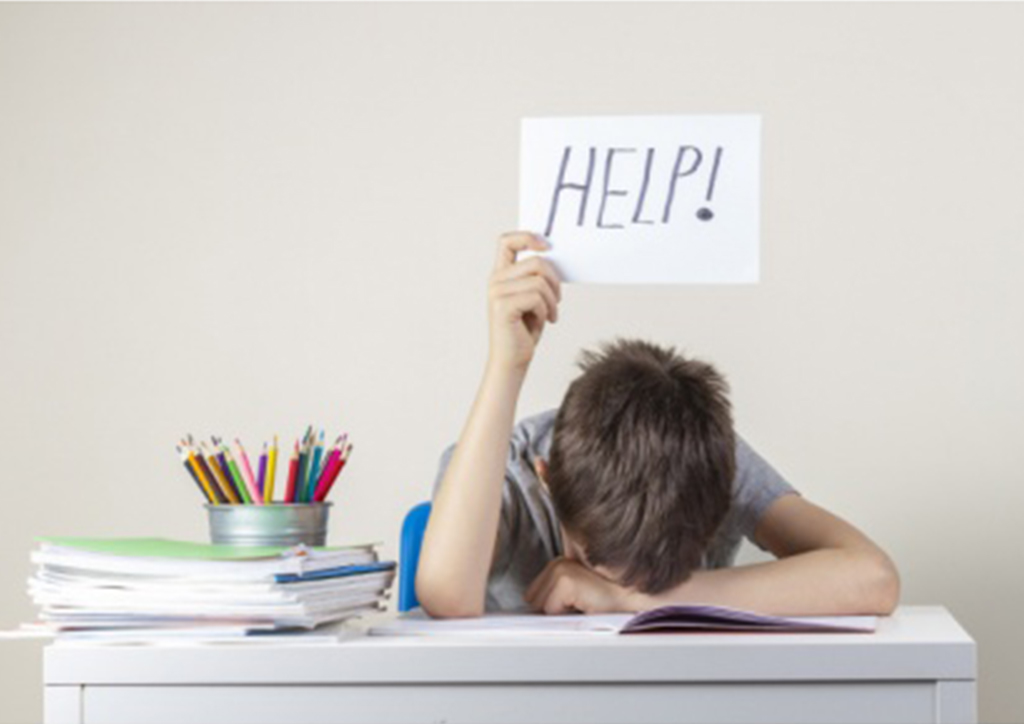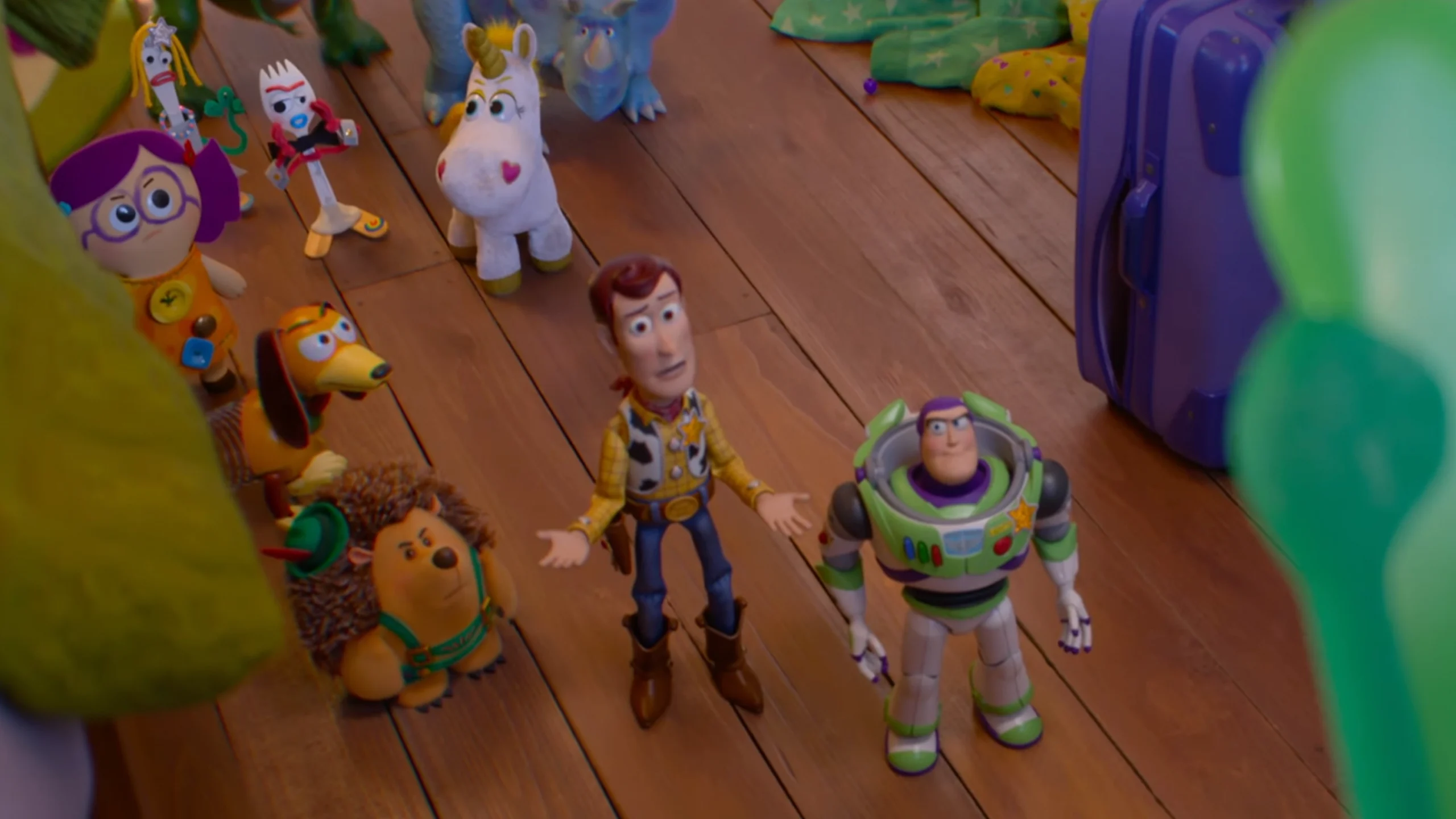How To Approach Mental Health with Kids
COVID not only brought disease and death. It also brought a large spike in mental health issues. Something, we need to address.
We’re terrified of COVID taking our families away from us but we also have another killer behind the scenes: mental health disorders. Mental health may seem a little hard to wrap our kids’ and our own heads around but we need to understand that it’s there just like a physical problem. Dr. Kara Fernandez from Ateneo de Manila’s Bulatao Center explains, “Whenever I have to explain to parents how to deal with mental health, I usually use the physical injury metaphor. Like, I would say, “if your kid came from a terrible car accident with their legs twisted all around, would you have let them gone to school? They would say, “No! Of course not!” That’s when I’d say, “There. Think about it that way but this time: mental.”

How can we tell if our kids have a mental health problem?

There are different kinds of mental disorders, ranging from developmental to mood disorders. But, they do show up especially with how our kids would react, respond, and function. “These kinds of things have physical, emotional, behavioral, and cognitive symptoms,” explains Dr. Kara Fernandez. “Like, younger kids, they would often talk about stomach aches. Emotionally, they would be irritable. Academics, they either procrastinate or don’t submit things on time. Cognitively, they’d have a harder time engaging and have a form of withdrawal from friends and family. They’d sometimes say goodbye, there’d be a hint of pessimism — similar to adults.”
Where do these even come from?

A lot of times, these mental health problems don’t rear their ugly heads until kids are more familiar with abstract things. “Based on my clinical experience, surveys, and literature, it’s usually teens who experience these things,” explains Dr. Kara. “Common causes usually are the pressure to be perfect. There’s also identity confusion like sexual or academic when they’re trying to be a leader and doing their best to keep up that face. Sometimes, it can also involve relationships. But most of the time, it involves academics wherein they’re either perfectionists or they’re failing.”
But how do we stop this? Is there any way to keep those mental health issues away?
Mixed Feelings of Helplessness and Hopefulness

There will be times that we will catch these mental health issues when they’re at their peak. Usually, we only find out that our kids had mental health problems when we catch them contemplating suicide. “I’ve encountered parents of kids who have attempted suicide as a result of mental health problems. And a lot of times, there are feelings of helplessness. As if one’s always walking on eggshells, being extra vigilant, or alert,” explained Dr. Kara. “There’s hopefulness however wherein they would get better with therapy.”
Is the path to healing an easy one? Dr. Kara has heard parents tell her that it truly is hard. “I’ve heard a lot of them tell me. That, yes, they know their kid needs help,” Dr. Kara says, “Yes, they know their kid needs therapy. But, wrapping their head and accepting that their kid just tried to take their own life because of their declining mental health is still hard. There’s also that stress of figuring out their role as a parent. That, as parents, they have to supervise and guide like finishing their homework, taking a bath, eating well, etc. But, there’s also that side of becoming sensitive and empathic to the needs of their child.”
How can we keep our kids mentally healthy?

At times, we can get confused because we want our kids to be tough because Life isn’t a bed of roses. But, we don’t want to push them into a corner either. “The key here is to have an open, mindful and positive communication,” Dr. Kara says. “There will be feelings of wondering if one might push too hard or how one can. But, it’s better to talk about it because a lot of times, these issues crop up because of poor family communication, instability, or worse — negative family communication.”
Mental health issues more your thing? Check out our stuff here:
7 Ways to Keep Yourself Mentally Healthy
Another Homeschool Year for Kids And It’s Not Easy
It’s OK To Cry: Stand Up For Mental Health









